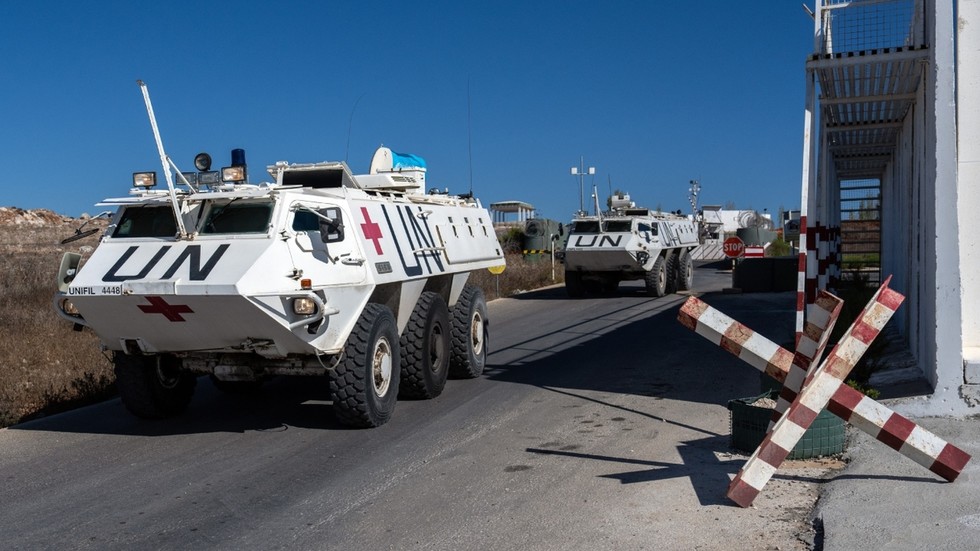On the Israeli-Lebanese border, a recent incident involving the UN Interim Force in Lebanon (UNIFIL) has raised serious concerns regarding the safety of peacekeepers amidst ongoing tensions between Israel and Hezbollah. In a statement, UNIFIL reported that two peacekeepers sustained injuries after an Israeli tank fired on their headquarters in Naqoura. The strike directly impacted an observation tower, causing personnel to fall, although thankfully, their injuries were not serious. UNIFIL has emphasized that any targeted assault on peacekeepers constitutes a grave violation of international humanitarian law, highlighting the need for protection of UN personnel during conflict. This incident is not isolated, as the UN force indicated that their positions along the ‘Blue Line,’ the demarcation line between Israel and Lebanon, have repeatedly come under fire from the Israel Defense Forces (IDF).
The situation escalated further as the IDF reportedly targeted additional facilities integral to UNIFIL operations, including disabling perimeter-monitoring cameras and damaging electricity systems vital to the functioning of a meeting space for military dialogue among UN, Israeli, and Lebanese representatives. This targeted violence against their installations not only disrupts UNIFIL’s operational integrity but also reflects a concerning trend of increased tensions between the two nations and their military entities. Indonesian Foreign Minister Retno Marsudi confirmed that the wounded peacekeepers belonged to Indonesia’s contingent within UNIFIL and assured that their injuries were fortunately not severe.
In a response to the ongoing conflict, the IDF confirmed their military operations were occurring in close proximity to the UNIFIL base. They claimed to have issued instructions for the UN forces in the area to remain in safe zones, following which Israeli fire was directed in that region. This claim highlights a troubling aspect of military engagement, where operational decisions taken by one side pose significant risks for international peacekeeping efforts. Additionally, Israel’s envoy to the UN suggested relocating peacekeepers away from the most active combat zones, indicating a recognition of the impending dangers as hostilities escalate between the IDF and Hezbollah.
In light of these developments, the international community is voicing concerns about the implications of Israel’s military actions on UN peacekeepers. A spokesperson from the United States National Security Council expressed deep concern over Israel’s repeated strikes on peacekeeping forces and underscored the imperative for the safety of UN personnel. The statement reflects a growing anxiety regarding the potential for future escalations and the safety of international forces engaged in mediating stability in the region. With tensions steadily mounting, the call for a secure environment for peacekeepers remains critically important.
Further criticism has emerged from retired military officials and national leaders across Europe. Notably, Italian Defense Minister Guido Crosetto asserted that Israel’s actions could amount to war crimes, urging for accountability and clarification regarding these military operations against peacekeeping forces. Crosetto’s statements exemplify a heightened level of scrutiny from the international community regarding the legality and morality of military actions affecting UN personnel, underscoring the gravity of the situation on the ground.
The incident illustrates the fragility of peace in the region and the risks faced by those operating under the UN mandate. Such occurrences not only raise questions about the future role of peacekeepers in conflict zones but also challenge the established norms of international humanitarian law. As the situation develops, the international community, including organizations like UNIFIL, will need to navigate these complexities while advocating for the protection of peacekeepers and the restoration of dialogue between the conflicting parties to avert further violence and ensure long-term stability in the area.

